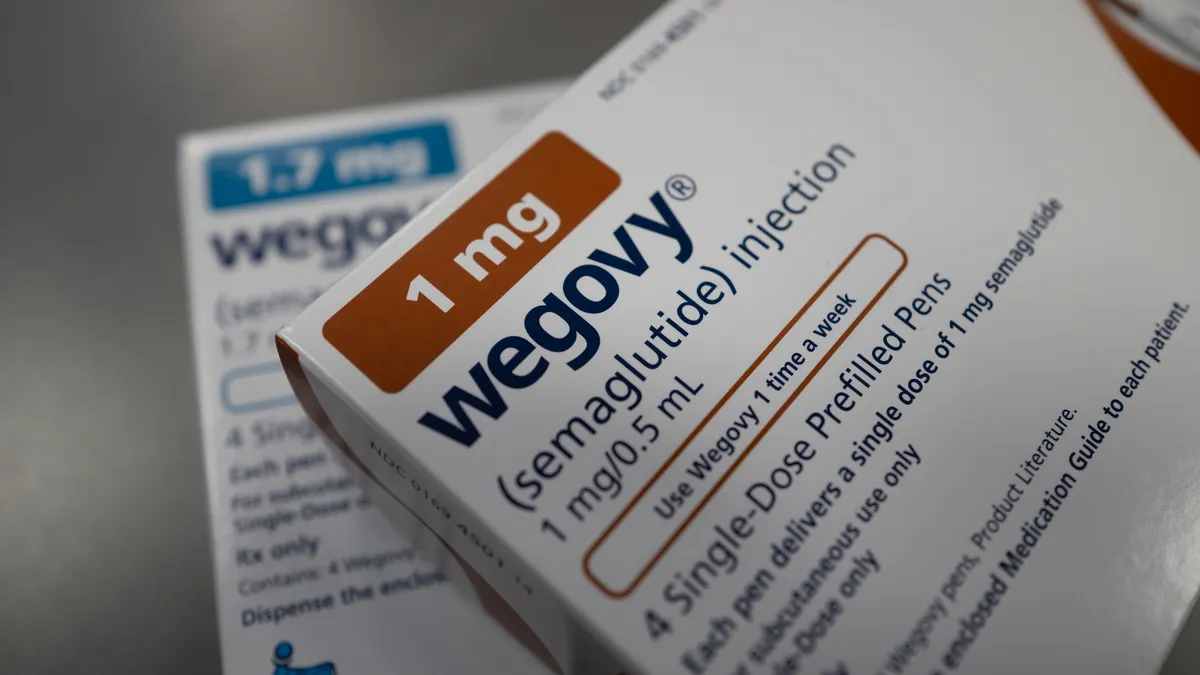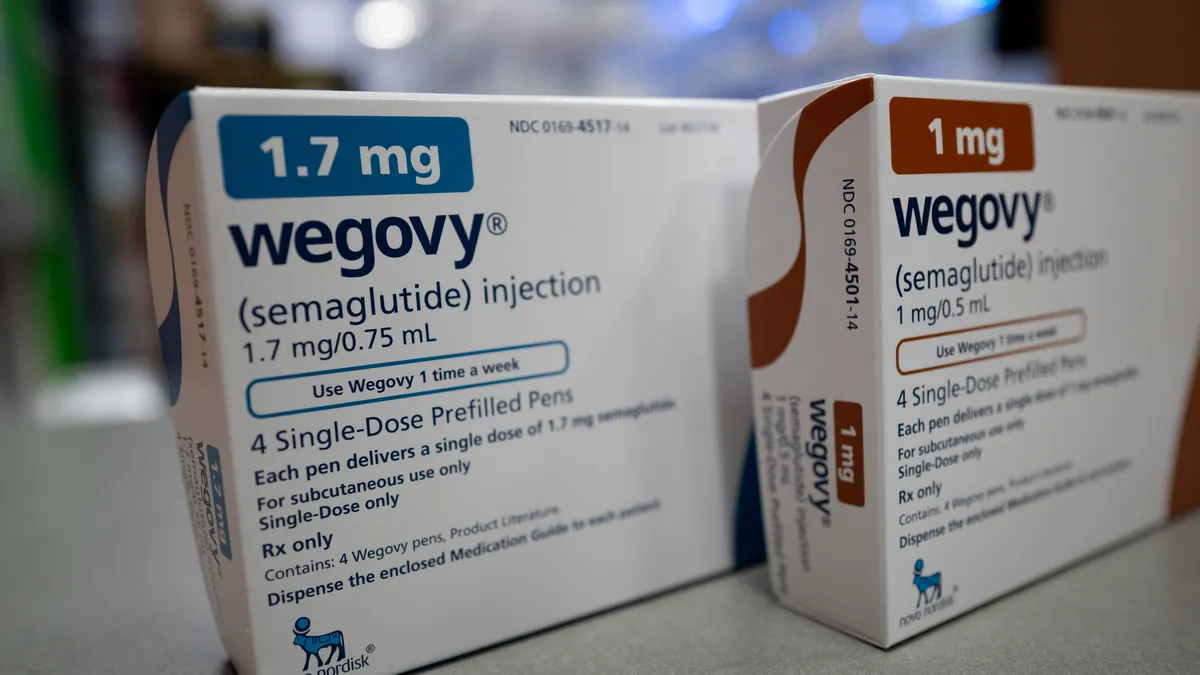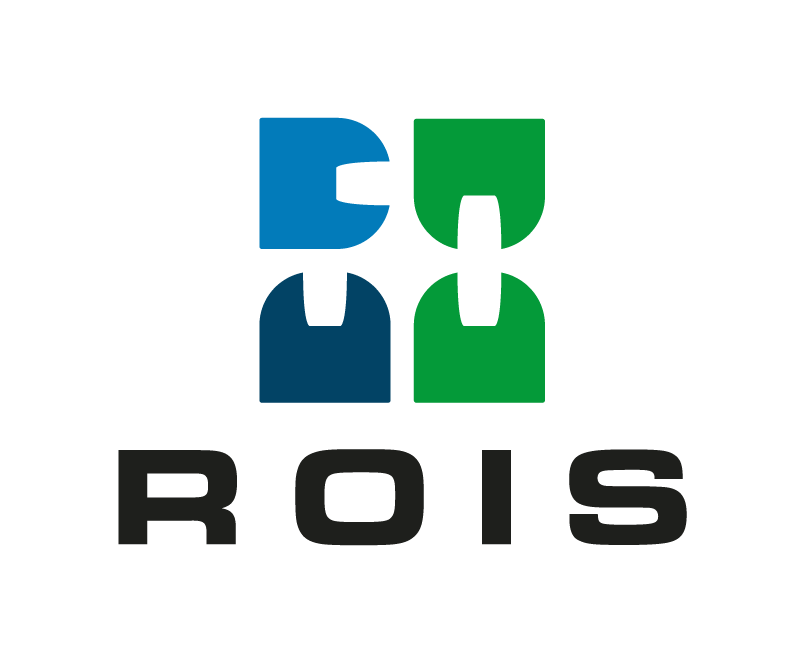Dive Brief:
- The Trump administration will not permit Medicare to pay for obesity drugs directly, declining Friday to finalize a Biden-era proposal that would have allowed the federal health insurance program to cover popular GLP-1 medications like Wegovy and Zepbound.
- The decision is a setback for drugmakers, especially Novo Nordisk and Eli Lilly, that had sought a green light. However, few market watchers expected the Trump administration, which has made cutting government spending the priority of its first few months in Washington, to greenlight the policy, which carried an estimated cost to taxpayers of $40 billion over a decade.
- Still, the Centers for Medicare and Medicaid Services didn’t entirely rule out the possibility of expanded coverage, noting it could address Medicare prescription drug coverage of obesity medications in future rulemaking. Currently, Medicare is forbidden by law from covering drugs for weight loss specifically.
Dive Insight:
President Donald Trump’s CMS has snuffed out what was a last-minute effort from regulators in the Biden administration to improve access to obesity drugs.
At the time, CMS officials argued statutory restrictions preventing Medicare from covering the medications could be circumvented by recognizing obesity as a chronic disease instead of a weight management issue. That’s largely in line with the prevailing clinical consensus, which argues obesity is a medical condition linked to other serious diseases like heart disease, diabetes, strokes and some cancers.
The Biden administration’s rule would have expanded access to obesity drugs, including pricey GLP-1 drugs, to an estimated 3.4 million people on Medicare and 4 million people in Medicaid. (Some states do cover weight loss drugs in their Medicaid programs. The rule would have prevented holdouts from excluding the drugs from the safety-net program.)
The proposal was broadly supported by medical groups, which said expanding access to weight loss drugs would help combat rising obesity in the U.S.
More than 40% of Americans are obese, according to the Centers for Disease Control and Prevention. That percentage is expected to reach 50% by 2030.
However, some analysts thought it unlikely the Trump administration would rubber-stamp the rule. Along with its steep price tag, HHS Secretary Robert F. Kennedy Jr. has been critical of weight loss drugs, arguing in media appearances and online that expanding the availability of healthy food is a cheaper way to address obesity.
However, Mehmet Oz, the physician and television personality who was confirmed as CMS administrator last week, has touted the benefits of GLP-1s.
Medicare does cover GLP-1s for conditions like diabetes and cardiovascular disease, but expanding their coverage indication to obesity would have resulted in tens of billions of dollars in additional sales for pharmaceutical giants that manufacture the drugs.
Shares in Novo Nordisk, which sells GLP-1s Wegovy for weight loss and Ozempic for diabetes, and Eli Lilly, which sells Zepbound, fell after the news was announced after market close Friday.
Novo Nordisk was scheduled to meet with health regulators Friday morning to lobby in support of expanded coverage, hours before the rule was announced. However, the record of Novo Nordisk’s meeting has since been removed from the regulation’s webpage with the Office of Management and Budget, suggesting the rule was finalized before the meeting could take place.
However, a spokesperson for Novo Nordisk implied the Danish drugmaker plans to continue lobbying for expanded Medicare coverage of GLP-1s.
Novo Nordisk is “committed to ensuring that people living with obesity have affordable access to the full continuum of care for obesity,” which “ starts with insurance coverage in Medicare,” they said in an emailed statement.
“While today’s announcement was limited, we hope that with the confirmation of the new CMS director, the Trump Administration will move forward to finalize the definition of obesity,” they said.
Similarly, a spokesperson for Eli Lilly said that the company “is disappointed in the MA-Part D rule because it is not the best reading of the statute and impacts patient access to obesity treatments.”
“We will continue to work with the Trump Administration and Congressional leaders to ensure people living with obesity are covered by Medicare and Medicaid and are no longer left behind,” the spokesperson added.
Friday’s final rule also codified some Inflation Reduction Act policies. Notably, it finalized provisions determining that the deductible for seniors with Medicare prescription drug plans doesn’t apply to covered insulin products and that seniors’ cost-sharing for a one-month’s supply of insulin can’t be higher than $35 starting in 2026.




















































